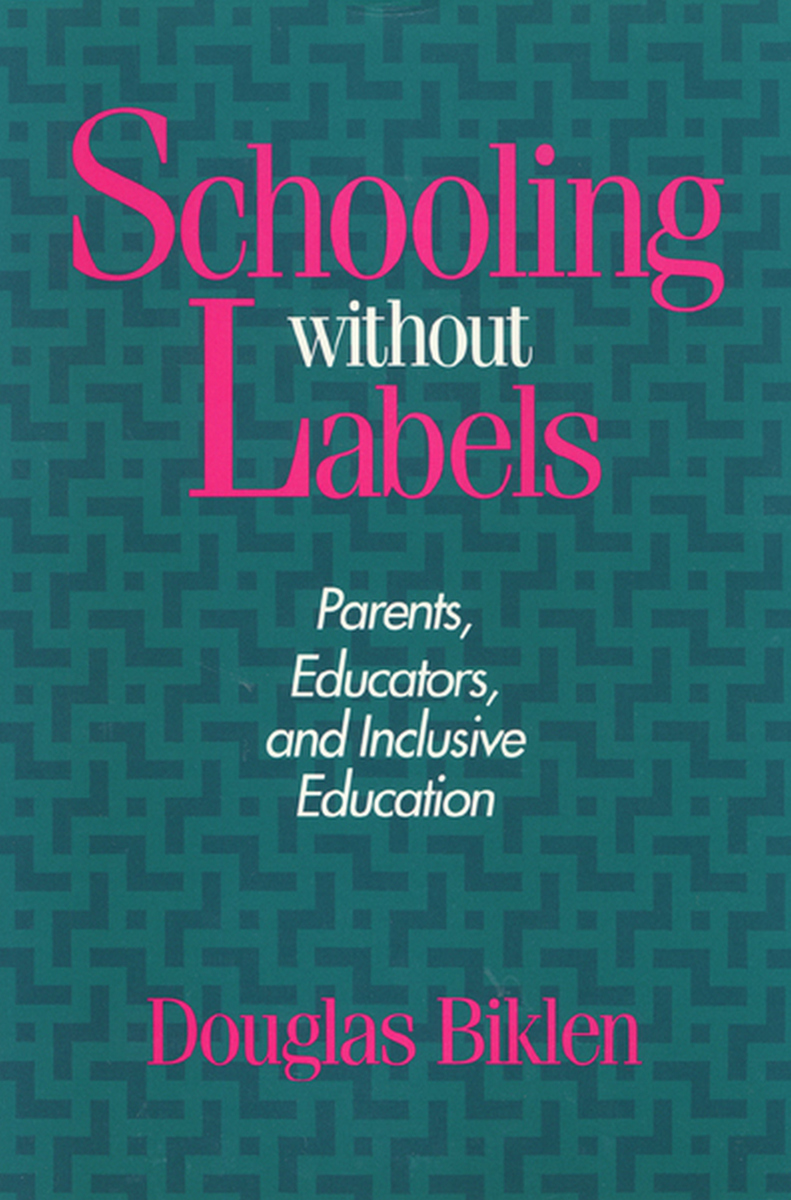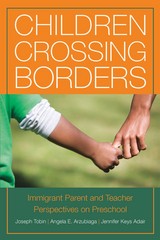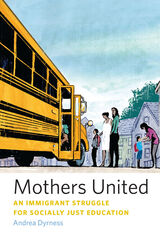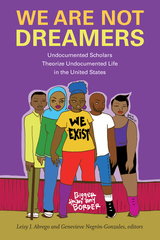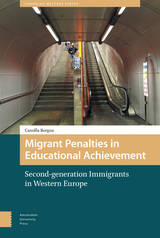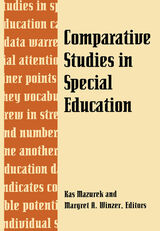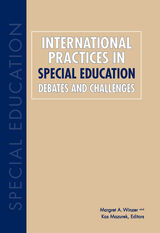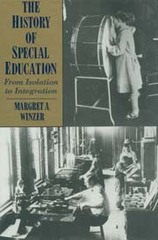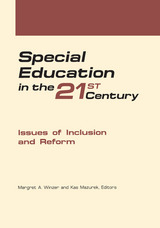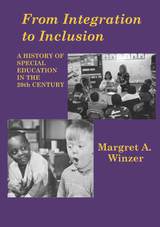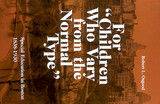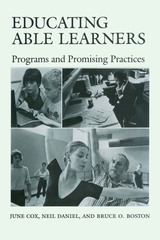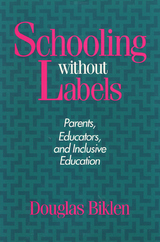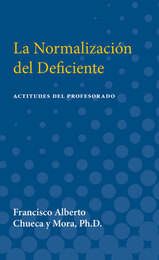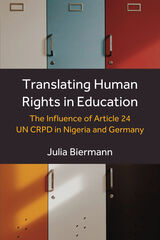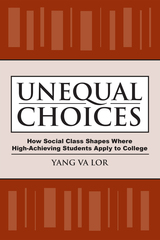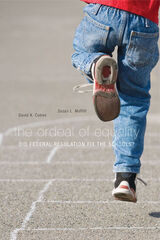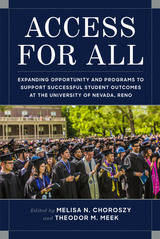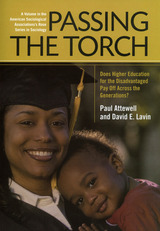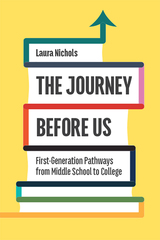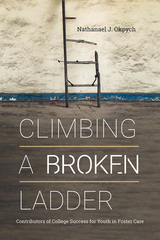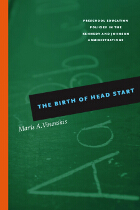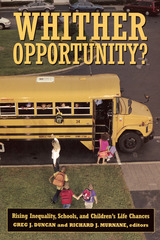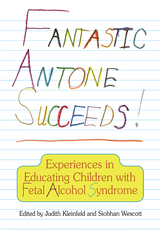Paper: 978-0-87722-876-9 | eISBN: 978-1-4399-0366-7 | Cloth: 978-0-87722-875-2
Library of Congress Classification LC4031.B48 1992
Dewey Decimal Classification 371.90973
Douglas Biklen closely examines the experiences of six families in which children with disabilities are full participants in family life in order to understand how people who have been labeled disabled might become full participants in the other areas of society as well. He focuses on the contradictions between what some families have achieved, what they want for their children, and what society and its social policies allow. He demonstrates how the principles of inclusion that govern the lives of these families can be extended to education, community life, and other social institutions.
The parents who tell their stories here have actively sought inclusion of their children in regular schools and community settings; several have children with severe or multiple disabilities. In discussing issues such as normalization, acceptance, complete schooling, circles of friends, and community integration, these parents describe the challenge and necessity of their children's "leading regular lives."
In the series Health, Society, and Policy, edited by Sheryl Ruzek and Irving Kenneth Zola.
See other books on: Children with disabilities | Educators | Inclusive education | Ontario | Parents
See other titles from Temple University Press
